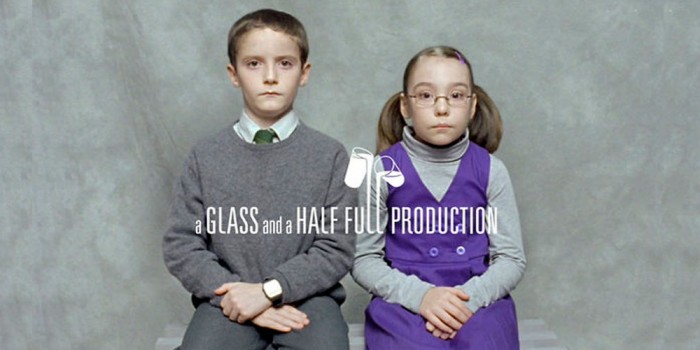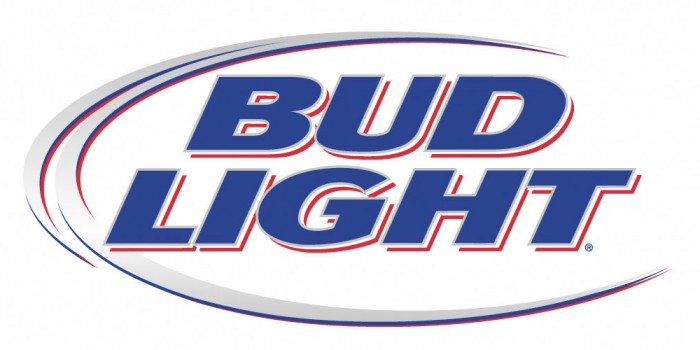I suspect many people will find this ad from Cadburys hard not to watch, appealing as it does to whatever morkish sense of curiousity causes people to slow down and stare at the scenes of car accidents and, in years gone by, flock to circus freak shows. But does that make it a good ad? There’s no denying that getting your advertising noticed is increasingly difficult. Viewing is fragmented and people skip from channel to channel during ad breaks. In part this is a problem of advertising effectiveness measurement; most companies use consumer research to track measures like top of mind awareness, advertising awareness and recall of key messages. Many include a prompted measure, where respondents are shown a still from an ad and asked if they recall seeing it and, if so, what it was advertising. Unfortunately, as is the way with almost all consumer research, this is measuring […]






Recent Comments